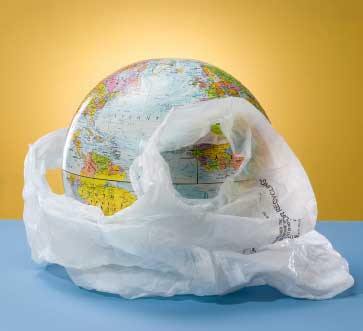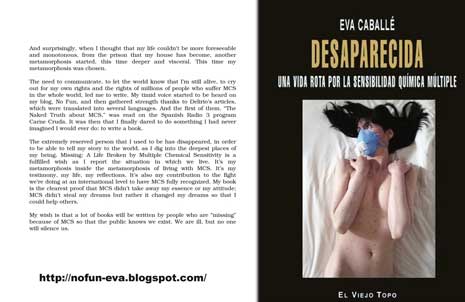Banning trans fats would save lives, say doctors
 Editorial: Removing industrial trans fat from foods
Editorial: Removing industrial trans fat from foods
Banning trans fats from all foods in the UK would prevent thousands of heart attacks and deaths every year, and would be a simple way to protect the public and save lives, said two senior doctors on bmj.com
Their views follow calls by public health specialists to eliminate the consumption of industrially-produced trans fats in the UK by next year.
Trans fats (also known as trans fatty acids) are solid fats found in margarines, biscuits, cakes, and fast food. Many studies demonstrate harmful effects of trans fats on cardiovascular risk factors.
For example, trans fats increase the amount of low density lipoprotein (LDL) or ‘bad cholesterol’ in the blood and reduce the amount of high density lipoprotein (HDL) or ‘good cholesterol.’ People with high levels of LDL cholesterol tend to have a higher risk of getting heart disease, while people with high levels of HDL cholesterol tend to have a lower risk.
A recent analysis of all the evidence recommended that people should reduce or stop their dietary intake of trans fatty acids to minimise the related risk of coronary heart disease.
The authors, from Harvard School of Public Health in the US, report that bans in Denmark and New York City effectively eliminated trans fats, without reducing food availability, taste, or affordability.
There is also no evidence that such legislation leads to harm from increased use of saturated fats.
Removing industrial trans fats is one of the most straightforward public health strategies for rapid improvements in health, they write. Based on current disease rates, a strategy to reduce consumption of trans fats by even 1% of total energy intake would be expected to prevent 11,000 heart attacks and 7,000 deaths annually in England alone.
Action by the UK might also produce larger benefits by inspiring other developed and developing countries to take similar measures to protect their citizens’ health, they conclude.
Literature: BJM – British Medical Journal, Banning trans fats would save lives, say doctors, April 15, 2010






